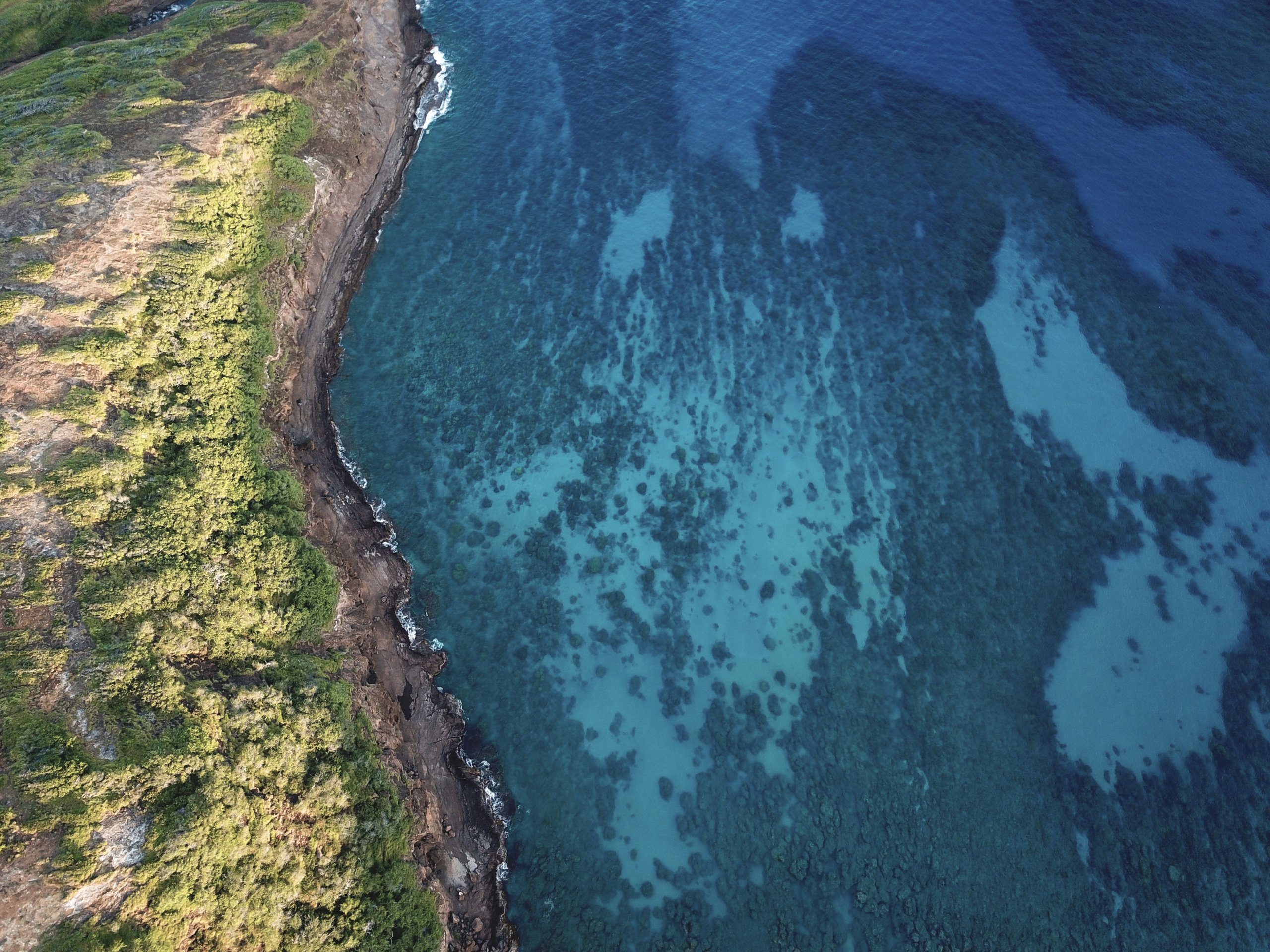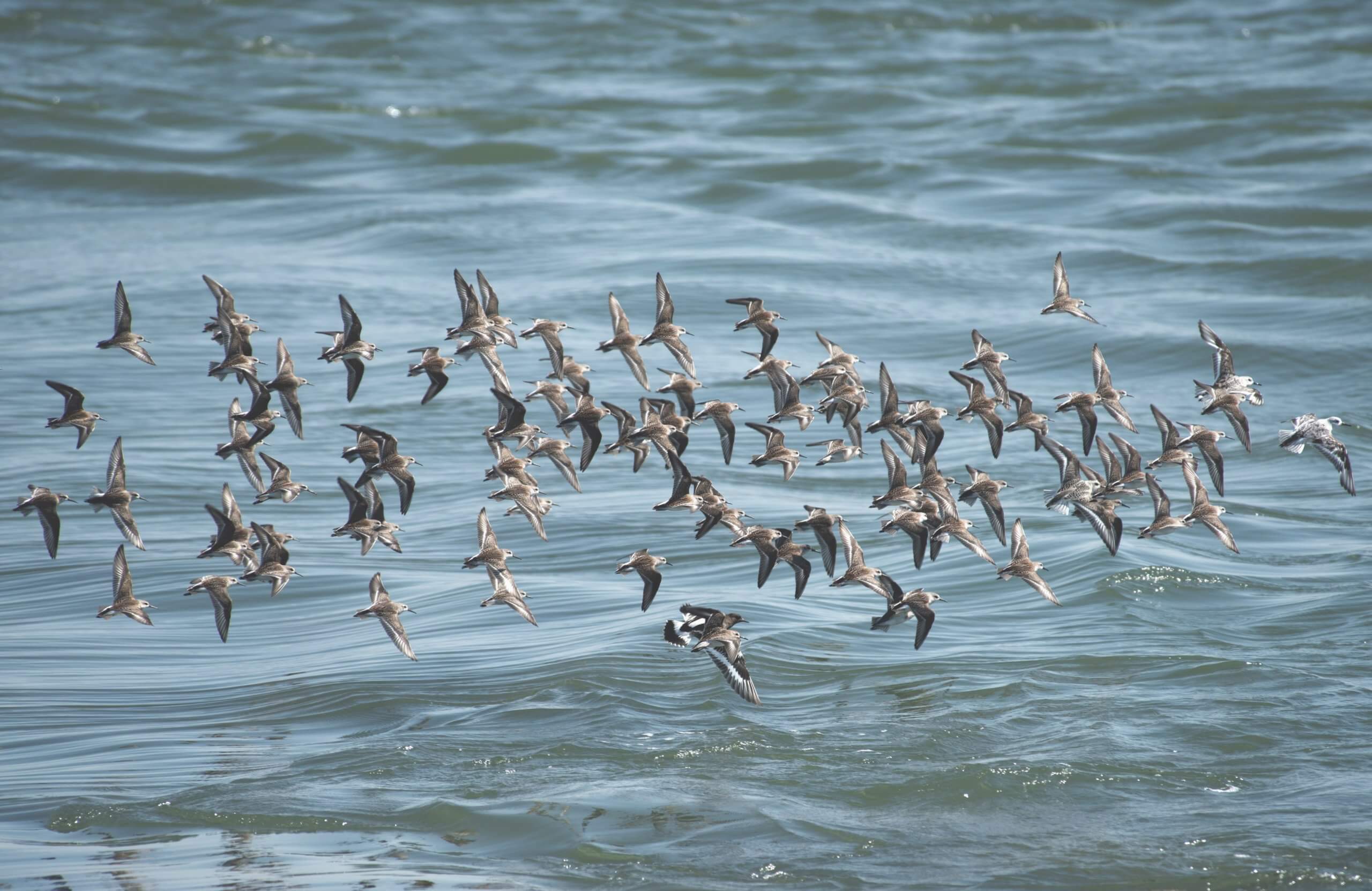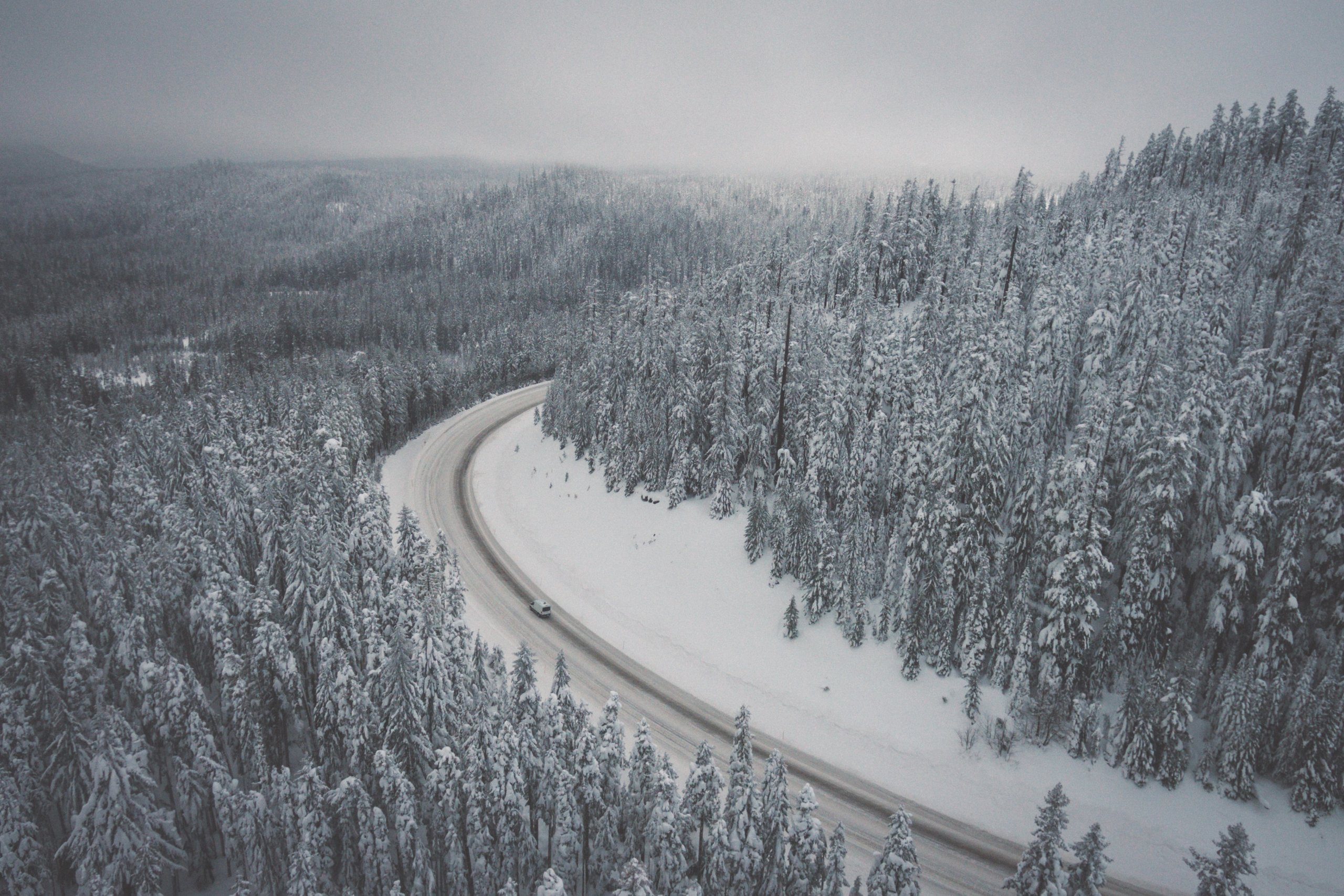For as long as I can remember, I have been enamored with all things ocean. I expressed my passion as a scuba instructor, taking kids diving and showing them how remarkable different ocean ecosystems are. My favorite part was always witnessing “light bulb moments” – when they saw something underwater that really triggered their excitement. This moment is often comical: their eyes grow large behind an already magnifying mask, accompanied by a whole body shimmy, and maybe even an underwater squeal.
At COMPASS, we spend a lot of energy trying to create these “ah-ha” moments for our audiences. These moments can range from scientists realizing new ways to channel their passion such as through social media, decision makers relating to science in a way that resonates with them, or journalists discovering the next big science story. COMPASS spends a lot of time creating the space to spark these moments. Often a difficult roadblock to overcome when understanding or appreciating the importance of science is a lack of connection to the subject or purpose. By understanding what a particular audience already cares about, we help scientists highlight their “so what?” – why should I care about this? When you create the connection to why they should care, we can turn on some light bulbs.
Last summer, I had my first few light bulb moments with COMPASS when we brought Oregon legislators to Netarts Bay and Pacific City to learn about ocean acidification and hypoxia. Early in the day, Mark Wiegardt, the owner of the Whiskey Creek Shellfish Hatchery, said, “I don’t believe in climate change or global warming, but I do believe in ocean acidification, and it’s affecting my livelihood here and now.” I noticed several people’s eyes grow big with looks that said- wow, if someone who doesn’t believe in climate change can believe in ocean acidification, this must really be happening. Excitement continued to build as scientists conveyed how they created instruments out of cheap supplies from Home Depot that led to the discovery of the acidified water, showed oyster larvae impacted by acidified water under a microscope, and shared experiences working with crabbers to chart oxygen levels through sensors placed in crab pots. After hearing these stories, a prominent legislator made a request of her colleagues to help provide the necessary resources to Oregon’s scientists so they could continue to do this kind of groundbreaking research. Something shifted for her that day. She recognized how important the connection is between scientific research findings and a better understanding of and management of local resources, and she took the first steps to affect change by appealing to her colleagues.
For me, a major win for an event with with legislators is that at least one person walks away with this kind of newly sparked passion, or appreciation of science. Witnessing ah-ha moments—whether in a scientist, journalist, or decision maker—is a gratifying feeling. Above water this looks a little different than while diving, but the enthusiastic eyes and aura of excitement gives it away and is still one of my favorite moments. Who knew that creating these moments both above and below water could be equally fulfilling?



